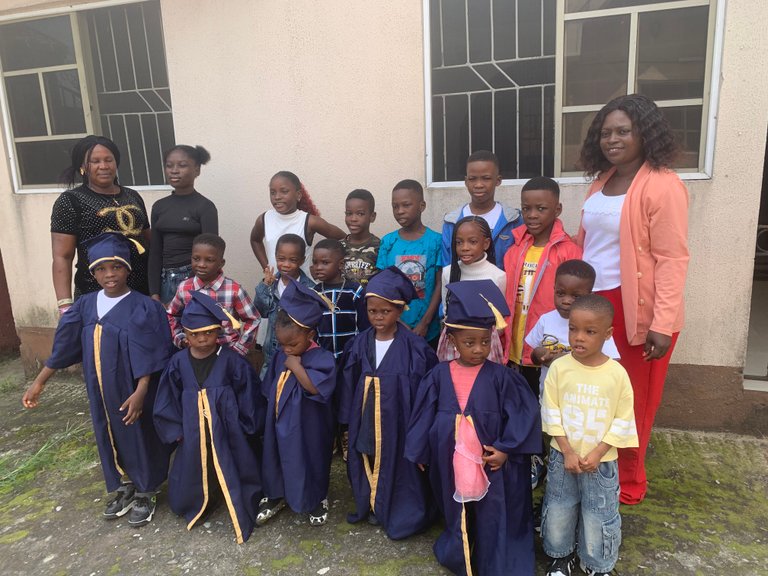Understanding The Nigerian Educational System And Gender Disparities
My country Nigeria has one of the largest educational systems in Africa, reflecting both the country’s size and diversity. The schools in my country operates under a 9-3-4 structure: ( six of basic primary education, three years of junior secondary school), three years of senior secondary school and minimum of four years in the tertiary institution of undergraduate degrees. The structure is managed by Federal ministry of education. Primary school starts at the age of six and covers six grades after which the students sit for an external exams and moves to the junior secondary school and the again sits for an external exam known as Basic education certificate examination (BECE).

From there students can choose senior secondary school, either in general academic stream, vocational education or specialized science and technology schools which lasts at least three years. And at the end of the SSS, students can now take West African Senior Secondary School Certificate Examination (WASSCE), successful students can now proceed to universities, polytechnics or college of Education.
Nigeria has a broad tertiary sector and from my research we have got up to over 170 universities including (federal, state, private) polytechnics, monotechnics, and colleges of education. Most university degrees requre at least fours years while courses like medicine, law and engineering take longer than that.
Generally in my country, everyone is allowed to pursue their academics to the highest they can go provided they meet their academic and financial requirements. Their are no formal legal laws that stops any gender from going higher academically.
Although in practice, cutural norms, socioeconomic factors, regional disparities means that access is not always equal.
In urban areas and southern states, both genders have equal right to study to any level of choice but in contrast many rural areas especially in the North, early marriage, domestic responsibilities, cultural beliefs can limit females education beyond primary level.
In real life, I have also seen an Eastern man whi decided not to give his female children the academic life they deserved, and unfortunately he had so many female children and just a boy, I was told by my cousin who lived near them some years ago that the father told them that whoever wanted to go to school should have the mind of sorting out their academic bills by themselves, not that he didn’t have the money, he has the money and he also was the owner of the building they lived in, he had tenants paying rents every year and I also belived he had a job then but just decided not to have a hand in their academic lives.

Yes both genders have the right to be in school and to attain to any level possible but gender equality will most times be a barrier, the boy to girl schooling ratio varies widely depending on region and level. Girls often face early marriage pressures, teenage pregnancies or financial hardship. In most northern part of Nigeria boys can out numbers girls in school by as much as 3:1.
In as much as there’s to no gender discrimination law guaranteed for schooling in Nigeria, real-world barriers can limit how far children particularly girls in rural and northern areas can go.
All photos are mine
I like how you also pointed out the difference between what the law says and what happens in reality. It’s sad that in some places, girls still face cultural and financial barriers to education, but I believe awareness and support can help change things.